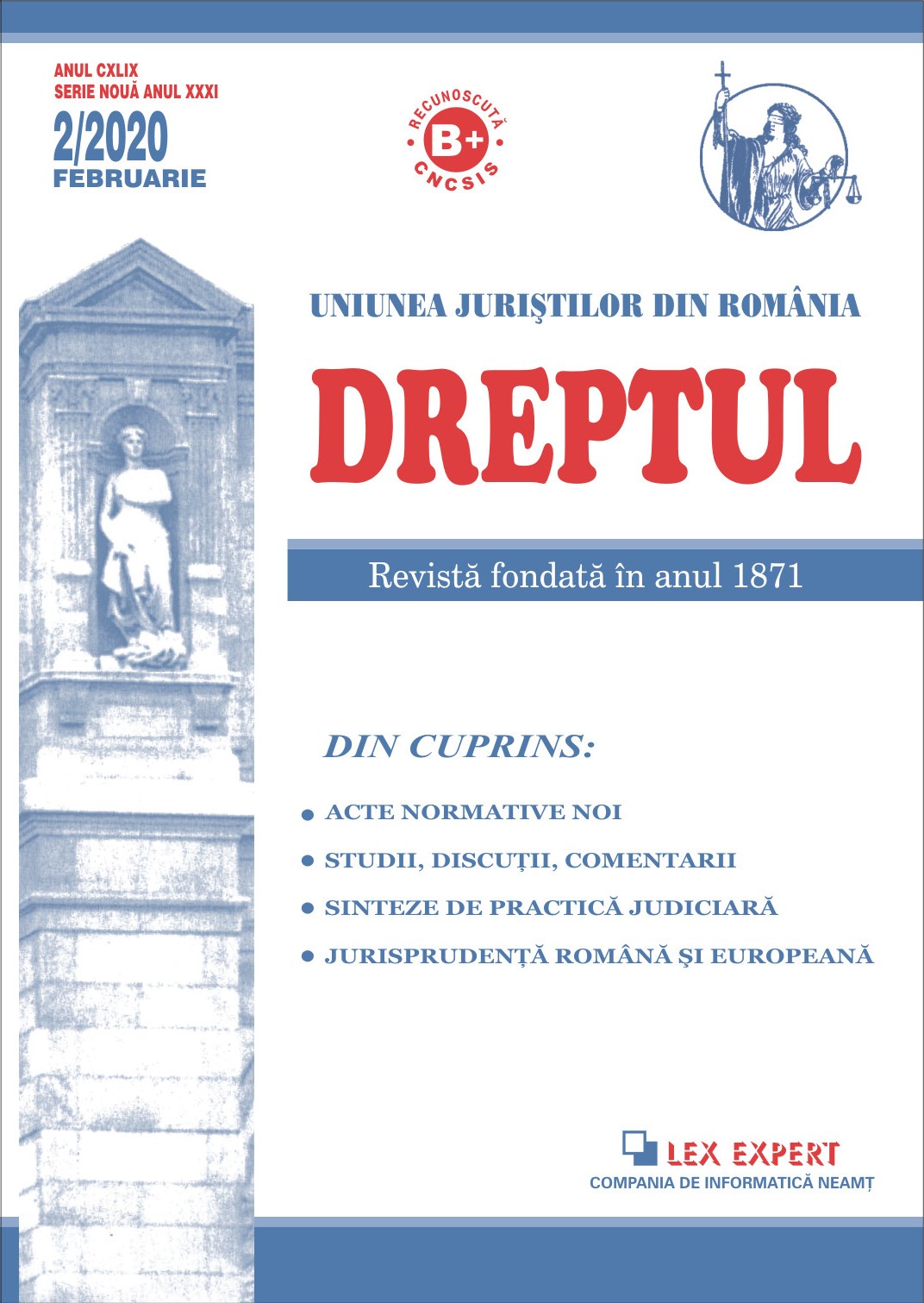Analiză comparativă a principiului recunoașterii reciproce în dreptul Uniunii Europene și în dreptul Statelor Unite ale Americii
Comparative analysis of the principle of mutual recognition in the European Union law and in the law of the United States of America
Author(s): Gheorghe BocșanSubject(s): International Law
Published by: Uniunea Juriștilor din România
Keywords: Full Faith and Credit; Interstate Comity Article; Extradition Clause; Uniform Criminal Extradition Act; Uniform Extradition and Rendition Act; habeas corpus; mutual recognition;European Arrest Warrant;
Summary/Abstract: This paper analyzes the principle of mutual recognition as a method of legal integration specific to EU law but also, in the form of Full Faith and Credit and Extradition Clauses, in the U.S. Constitution and law. The article presents a brief historical perspective on this principle, of its roots in Anglo-Saxon law and its direct continuity in U.S. law, but also of taking over, through legal hybridization, in combination with the harmonization method, in EU law. The work analyses: the function of legal integration of the principle, as an essential component of both American federalism and the EU legal order, its fundamental characteristics and its conditions of application and the topic of Interstate Extradition Clause versus European Arrest Warrant. The Articles of Confederation, the U.S. Constitution, federal laws, uniform laws, the case-law of the U.S. Supreme Court and other U.S. courts, altogether with the EU fundamental treaties, the legal acts of the European Union and the jurisprudence of the Court of Justice of European Union were considered. Numerous similarities have emerged from the comparative analysis, but also some differences, coming from the different paradigms of American federalism and, respectively, of the EU legal order.
Journal: Revista „Dreptul”
- Issue Year: 2020
- Issue No: 02
- Page Range: 163-185
- Page Count: 23
- Language: Romanian
- Content File-PDF

